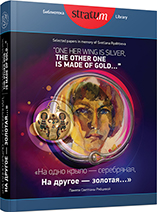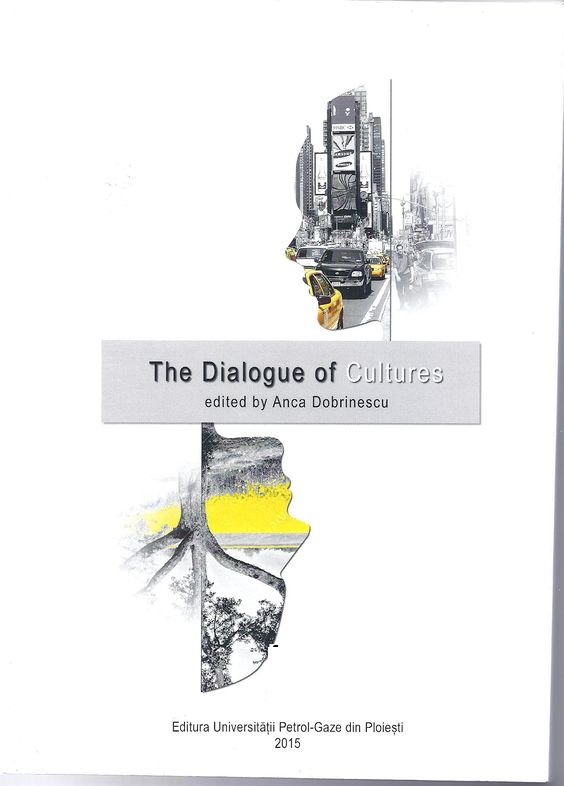Author(s): Holly Lynn Baumgartner / Language(s): English
Publication Year: 0
Spanning four centuries, destruction of Native American cultures has left modern Native Americans facing a host of problems from loss of land and the highest health care risks to the lowest incomes and life spans and breakdown of traditional lifestyles. Arguably one of the greatest threats remains the historical linguistic oppression. Rhetoric played a major part in the subjugation of Native tribes, through the trail of broken treaties, federal laws, newspaper and “scientific” articles, and banishment of Native languages from federally run schools. However, the linguistic context has shifted radically in the last century, changing the role of rhetoric between dominant and Native cultures, in part due to Native speakers inhabiting and subverting dominant language spheres. In an effort to mediate the ongoing effects of assimilation, Native writers draw from traditional storytelling practices to engage in the non-traditional genre of autobiography. Within the non-threatening, shared, cultural space of the creative writer, Native speakers may shape political stances that extend both invitation and boundary to the dominant culture. These pieces foreground the slippage between modes of persuasive discourse and problematize understandings of audience. More importantly, they point to the duality of Native lived experience. This paper provides specific historical background on the problem, provides close reading of autobiographical, memoir, and personal poetic texts, contextualizes and interprets them using theories from Aristotle, Bakhtin, Halasek, Farmer, hooks, and Roth among others, and finally suggests Native agency arising through intentional rhetorical strategies
More...



